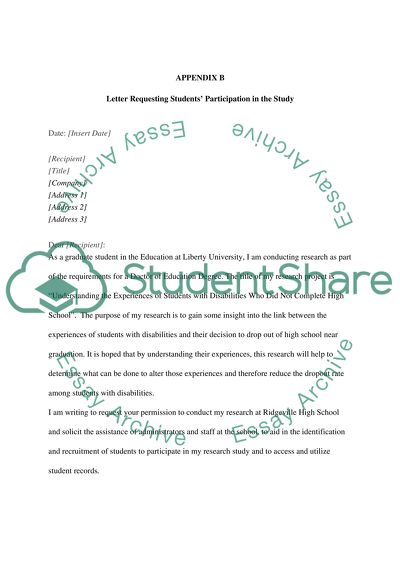IRB Forms to be completed Essay Example | Topics and Well Written Essays - 750 words. Retrieved from https://studentshare.org/education/1491274-irb-forms-to-be-completed
IRB Forms to Be Completed Essay Example | Topics and Well Written Essays - 750 Words. https://studentshare.org/education/1491274-irb-forms-to-be-completed.


